Pride Amid Mourning: Capital Pride refuses to bow to fear
An anti-LGBT attack in Orlando cast a shadow over last weekend's Capital Pride Festival. It did not, however, break people's spirits.

It has been said at the funerals and vigils of transgender people mowed down by violence that “every breath a trans person takes is an act of revolution.” To borrow that sentiment, perhaps it’s accurate to say that the mere existence of the LGBT community constitutes an inherently political act. An LGBT person who lives openly, without fear, and takes pride in their identity, is committing an act of defiance against those who seek to subjugate or eradicate them.
Perhaps resiliency is just an inextricable part of the LGBT community’s DNA. Ours is a history that came of age in the riots at Stonewall, that survived the Upstairs Lounge fire, that fought, quite literally, for our lives throughout the AIDS epidemic, and that suffered various indignities throughout the years. It is a community that has been subject to attacks, both physical and political, against our character, our families, our livelihoods. So perhaps it should come as no surprise that, even as news trickled in of a deadly shooting at a gay Orlando nightclub, and an Indiana man armed with an arsenal of weapons and explosive materials headed to L.A. Pride, the LGBT community refused to be cowed into staying home and hiding from the world.
“Today is the most important time to come out to Pride, to show that we can get through it,” said Kevin Rieck, a 27-year-old D.C. resident who hails from Orlando. “The most important thing right now is to prove that these kind of activities are not going to harm us. They may keep us down for a short while, but we’re going to get back up and get right back in it, and we’re not going anywhere.”
“[It’s important] not to let anyone break our spirit, and to know that we are a people, LGBTA, who persevere through everything, and we celebrate the love, the unity and our freedom,” said Rayceen Pendarvis, a 2016 Capital Pride Hero award winner. “That’s the greatest gift. Keep celebrating. Keep living and walking in your light.”
That’s not to say that this year’s festivities weren’t dampened by the news out of Orlando. In contrast with the atmosphere at the Capital Pride Parade the previous day, Sunday’s festivities were noticeably more subdued, with organizers holding a moment of silence at 1 p.m., and again at 6 p.m., in memory of the victims. But the shift in tone didn’t drive away the crowds who braved the blazing heat on a four-block-long stretch of Pennsylvania Avenue blocked off for the festival.
“I don’t think people stayed away — I think people resolved to come here to show their solidarity and support,” said Bernie Delia, president of the Board of Directors of the Capital Pride Alliance. “I don’t think we had any diminution in the number of people. If anything, I think we had an increase. People wanted to be here with their sisters and brothers, celebrating the community.”
Following news of the Orlando attack, Mayor Muriel Bowser, coordinating with Metropolitan Police Chief Cathy Lanier, announced there would be an increased police presence at Capital Pride. The visible increase in manpower gave people an additional measure of confidence to attend.
“We were a little concerned, but then we thought about it: You don’t mess with D.C.,” said John Watson of Fort Washington, who attended with his husband, Jayson.
“The people that were killed would want us to be out here and support them,” the 58-year-old Watson said. “To let everybody know that we can’t live our lives in fear. If we live our lives in fear, the people that hate us win.”
For others, attendance was all but mandatory, as the ideas that fuel Pride celebrations are based around being visible and making the outside world recognize the LGBT community’s existence.
“That’s the whole Pride thing, because we’re proud of who we are,” said Linda Roberts, 67, of Gaithersburg. “We as a community no longer need to feel shameful or marginalized or less than anyone else. We’re equal with everyone else, and it gives us an opportunity to celebrate and express that.”
Another aspect that drew revelers was the idea of community, of being able to gather with other LGBT people, and to celebrate in a safe space where they knew they would be accepted. For Gary Eavers of Stuarts Draft, Va., Sunday marked his first-ever Pride experience.
“Being from rural Virginia, you don’t see a lot of this,” the 33-year-old said. “It’s great just to see everyone being who they are and loving who they love.”
Those themes of love and community permeated the entire weekend, serving, even unintentionally, as a tribute to the victims of the Orlando massacre, who had themselves sought out a safe space where they could be free from fear and judgment.
“I grew up in a place where I was the only gay person,” said Andy Kirk. Raised in Kansas, the 29-year-old watched Saturday’s Capital Pride Parade make its way past his apartment on 17th Street. “Seeing all of these queer people united is really inspiring.”
Support Metro Weekly’s Journalism
These are challenging times for news organizations. And yet it’s crucial we stay active and provide vital resources and information to both our local readers and the world. So won’t you please take a moment and consider supporting Metro Weekly with a membership? For as little as $5 a month, you can help ensure Metro Weekly magazine and MetroWeekly.com remain free, viable resources as we provide the best, most diverse, culturally-resonant LGBTQ coverage in both the D.C. region and around the world. Memberships come with exclusive perks and discounts, your own personal digital delivery of each week’s magazine (and an archive), access to our Member's Lounge when it launches this fall, and exclusive members-only items like Metro Weekly Membership Mugs and Tote Bags! Check out all our membership levels here and please join us today!




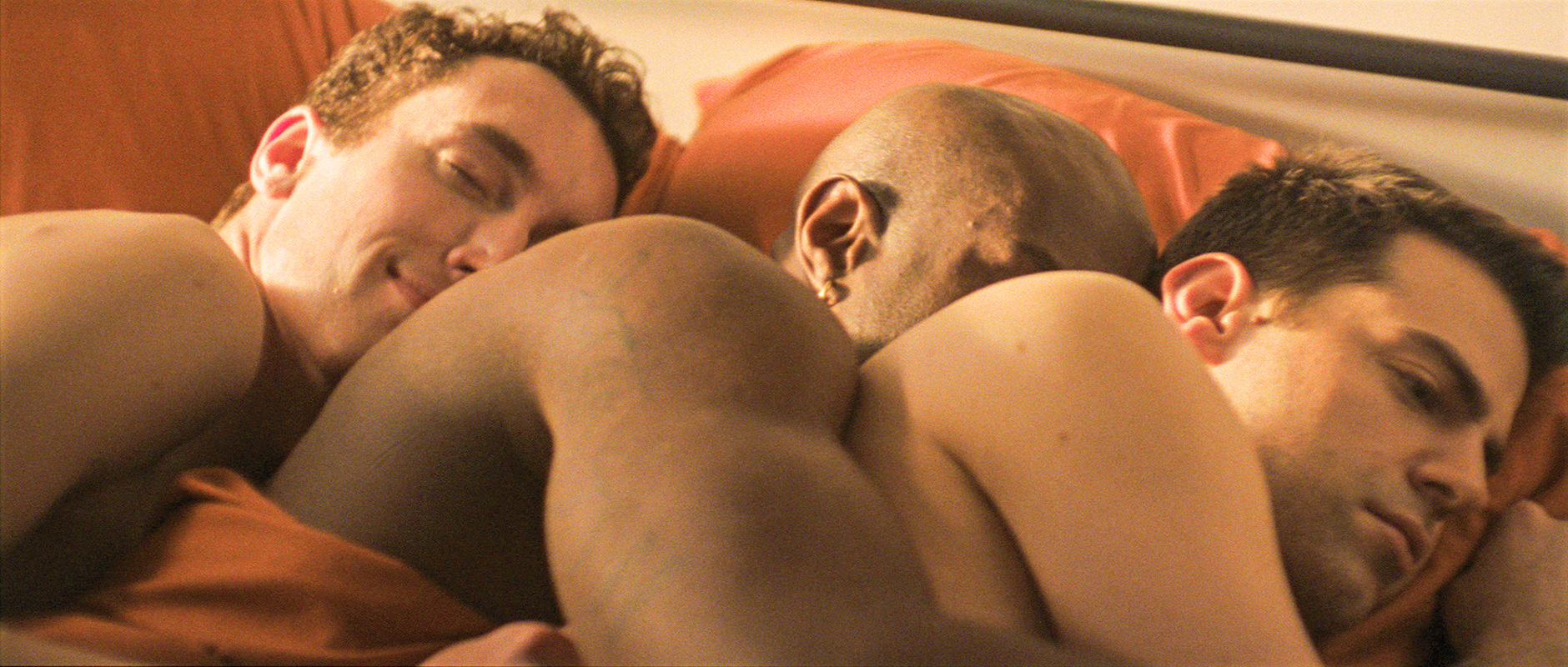
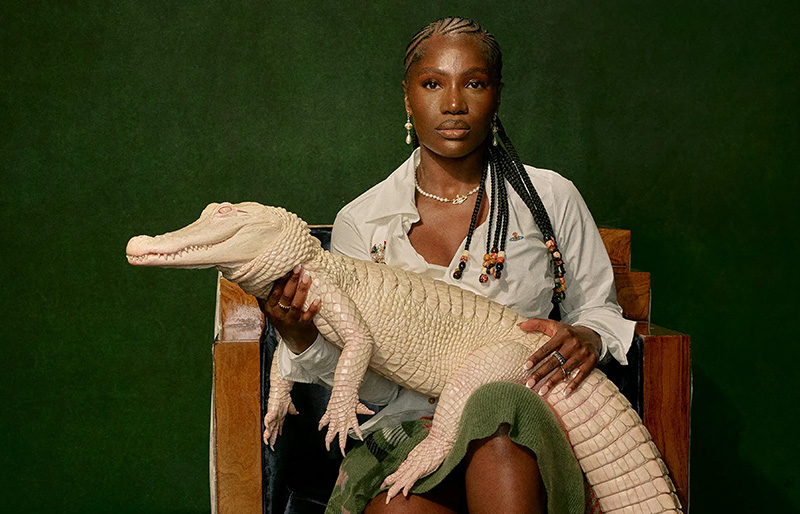
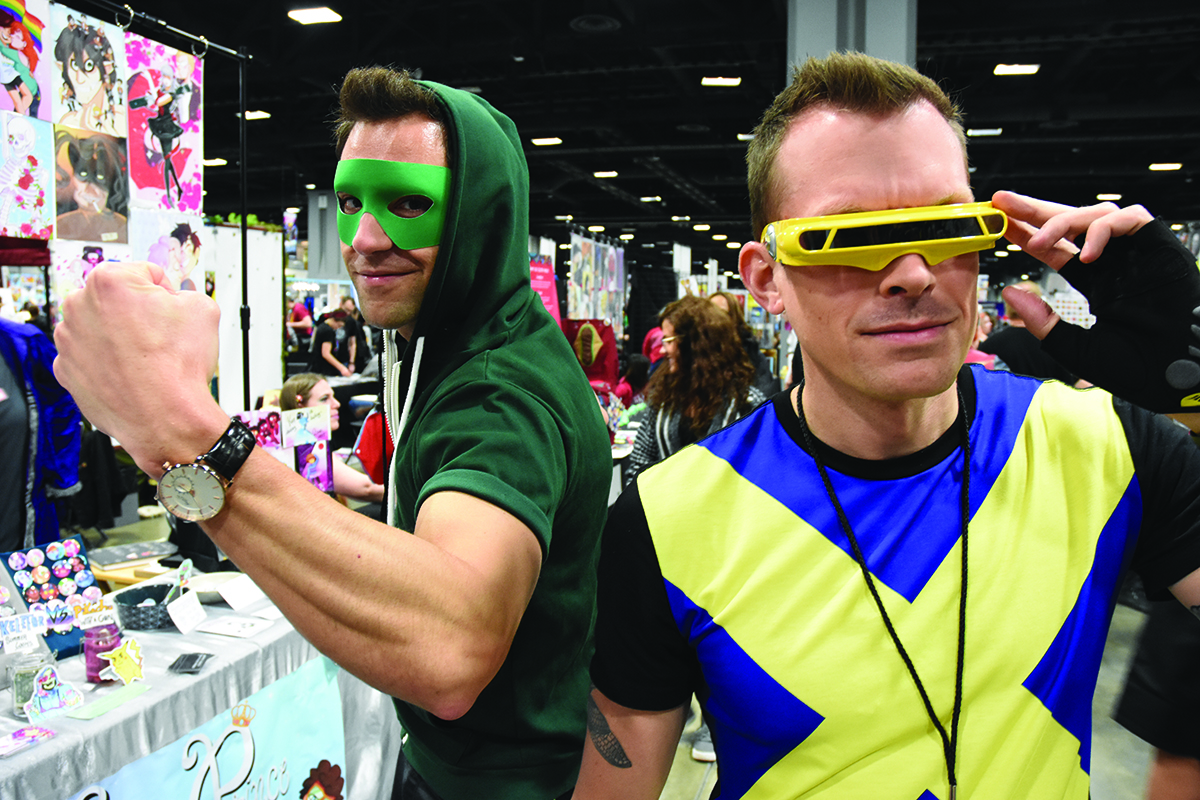













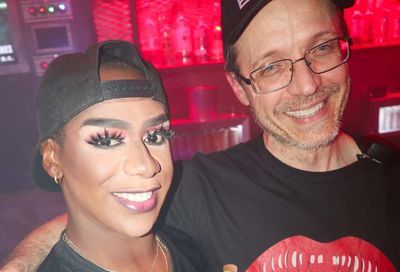
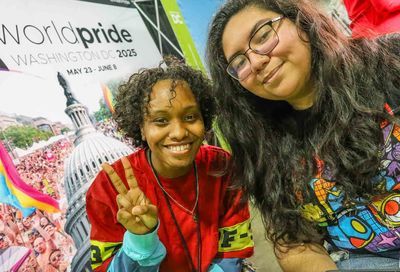

You must be logged in to post a comment.